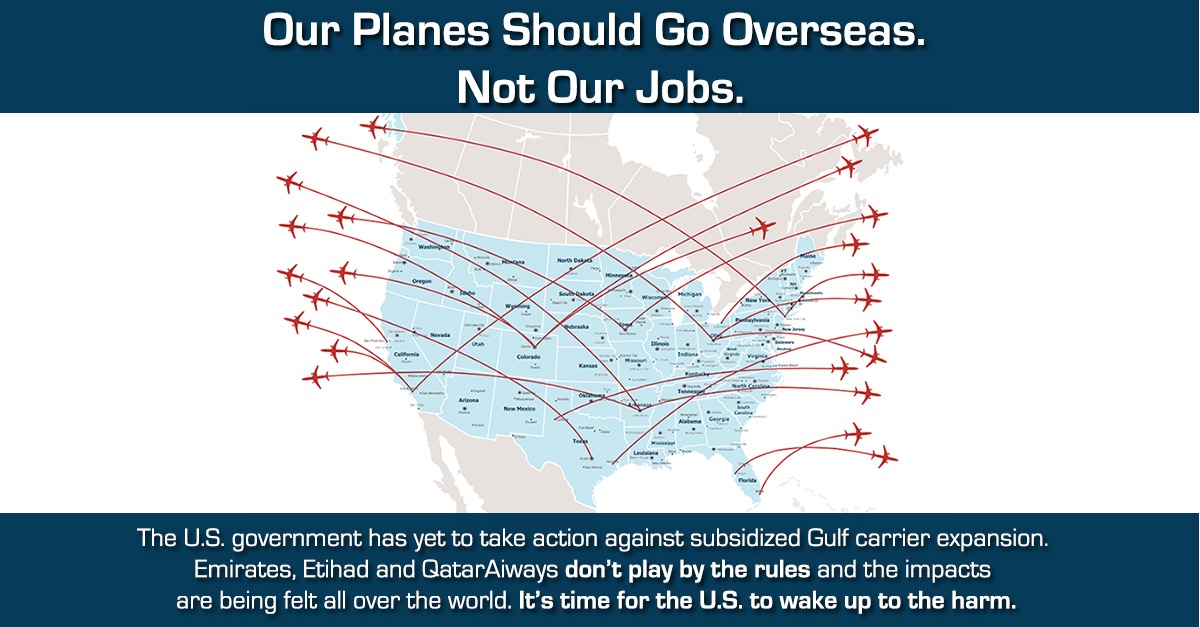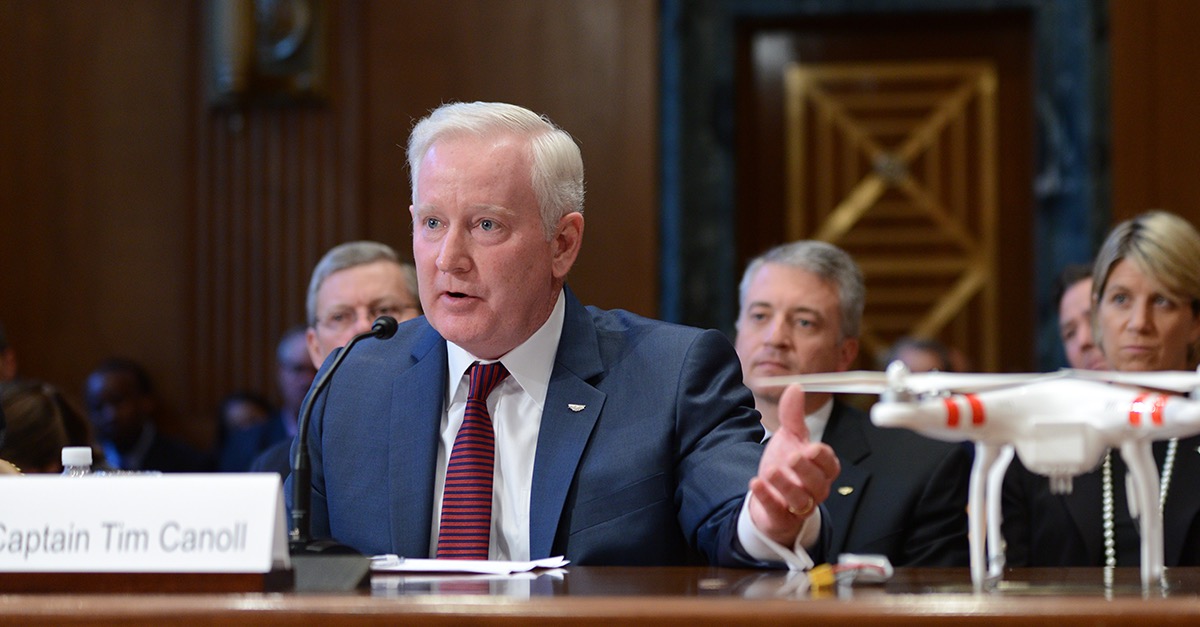Leadership From the Flight Deck
94 Results for Category Advocacy
Over the past two weeks, airlines throughout the world have announced voluntary bans on the passenger carriage of hoverboards on aircraft. These boards pose a serious threat to the safety of aircraft because of their power source: lithium batteries. Each board has a single battery that is capable of self-igniting and burning hotter than standard fire suppression systems are capable of putting out. That’s bad news mid-flight.
Passenger airlines have recognized the grave dangers posed by just one lithium battery; imagine the incredible threat a pallet-full or an entire cargo compartment of these batteries can pose. While some passenger airlines have also voluntarily banned bulk shipments of lithium ion batteries, other airlines have not and unfortunately, for cargo pilots, they live with this threat every day from the carriage of both lithium ion, and worse, lithium metal battery shipments.
By Capt. Tim Canoll
Maintaining safety is absolutely essential as many of us purchase and operate unmanned aircraft systems (UAS), also known as “drones.” ALPA’s plan to safely integrate UAS into the national airspace includes education, registration, technology, and enforcement of the rules.
Making certain that UAS owners register their aircraft is vital to ensuring that UAS operators fly their aircraft safely in skies they share with airliners carrying both passengers and cargo. If UAS are registered, the Federal Aviation Administration (FAA) will be able to more easily enforce the rules that keep us safe. Moreover, the registration process will also demonstrate to purchasers the responsibility that comes with owning a UAS.
This week, the Partnership for Open & Fair Skies launched an industry-funded advertising campaign urging the Obama administration to enforce Open Skies agreements with the United Arab Emirates and Qatar. These full page ads, running in The Washington Post, The New York Times and The Wall Street Journal, call on the President and administration officials to ensure that these countries abide by the terms listed in our bilateral air service agreements.
The Open Skies system can only work if all sides abide by the agreements they sign. Unfortunately, Qatar and the UAE are violating our Open Skies agreements by pumping billions of dollars in government subsidies and unfair benefits into their state-owned carriers in an effort to dominate the global airline industry. These direct violations harm the U.S. economy and threaten tens of thousands American jobs.
Earlier today, I testified before the U.S. Senate Appropriations Committee's Transportation, Housing and Urban Development (THUD) Subcommittee and discussed the urgent need to address all aspects of unmanned aircraft systems (UAS) operations in order to protect the safety of the U.S. national airspace system.
This was the second time this month that ALPA was called to Capitol Hill regarding this important issue, allowing us the opportunity to reiterate the importance for Congress to direct the Federal Aviation Administration (FAA) to regulate all operations of UAS, including recreational and hobby use.
While ALPA supports advancing America’s competitiveness through the use of UAS, safety is paramount. Recently, we launched a four-part action plan to safely integrate UAS with focused efforts on education, registration, technology, and penalties, and enforcement.







